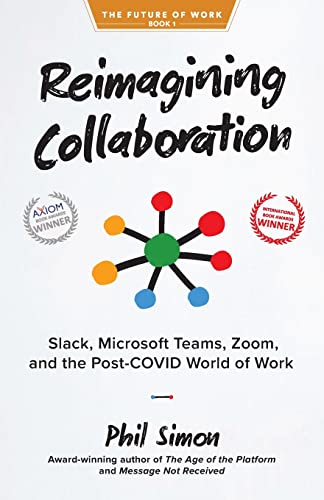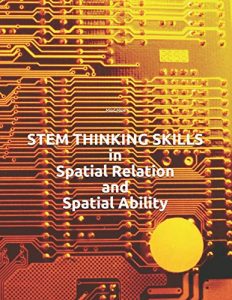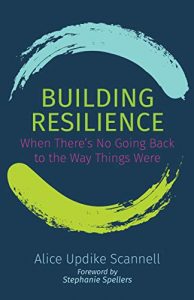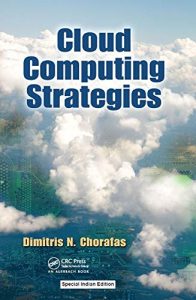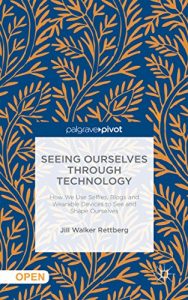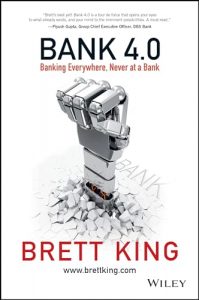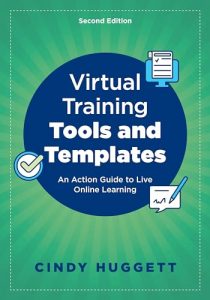1. Reimagining Collaboration: Slack, Microsoft Teams, Zoom, and the Post-COVID World of Work
Author: Phil Simon
The pandemic has reshaped the way we work, and Phil Simon’s “Reimagining Collaboration” offers valuable insights into navigating this new landscape. This book delves into how digital communication tools like Slack, Microsoft Teams, and Zoom have transformed teamwork. With a compelling narrative, Simon discusses the challenges and opportunities presented by remote work. He expertly examines the importance of adaptability and the application of collaborative tools to enhance productivity. This book is an essential read for anyone looking to thrive in the evolving workplace.
2. The Async-First Playbook: Remote Collaboration Techniques for Agile Software Teams
Author: Sumeet Moghe
For teams embracing remote work, “The Async-First Playbook” is a treasure trove of strategies to foster effective collaboration. Sumeet Moghe highlights the importance of asynchronous communication in agile environments, allowing teams to overcome time zone hurdles and enhance overall productivity. The actionable techniques provided will empower software teams to adapt their workflows and capitalize on the benefits of remote collaboration. This book is a must-have guide for maximizing your team’s potential in a digital-first world.
3. SharePoint Architect’s Planning Guide
Author: Patrick Tucker
If you’re looking to implement SharePoint effectively, Patrick Tucker’s guide is invaluable. The “SharePoint Architect’s Planning Guide” teaches you how to create reusable architecture and governance for collaboration with Microsoft 365. This comprehensive resource outlines best practices for optimizing SharePoint’s capabilities, enabling organizations to harness the platform’s potential effectively. Whether you’re an architect or a project manager, this book will help transform your collaboration strategies.
4. The Ultimate SAP User Guide
Authors: Rehan Zaidi, Jon Reed
Enterprise software can be daunting, but “The Ultimate SAP User Guide” breaks it down effectively for consultants and project teams. Zaidi and Reed provide a thorough overview of SAP’s functionalities, best practices for implementation, and tips for optimizing user experience. Packed with practical advice and clear instructions, this guide equips professionals with essential knowledge to utilize SAP in collaborative projects successfully.
5. Adopt & Embrace Microsoft Teams
Authors: Paul Woods, Helen Blunden, Benjamin Elias, Darrell Webster
Microsof Teams is a cornerstone of modern business communication, and the “Adopt & Embrace Microsoft Teams” guide offers critical insights for managers. This book focuses on techniques for effective communication, collaboration, and coordination using Teams, providing actionable strategies for managers at all levels. The authors emphasize fostering a culture of teamwork, making this guide essential for those looking to enhance their organization’s collaborative skills.
6. Collaboration Software Technology and Applications
Authors: TANG YONG JI GAO FENG ZHU JUN
Delving into the realm of collaboration software, this book addresses the technology and applications that enable teamwork in a digital context. It provides a broad overview of the software landscape, examining the tools available and their practical applications for businesses. Understanding these technologies is crucial for organizations aiming to improve their collaborative efforts, making this book an important read.
7. Collaboration Software Third Edition
Author: Gerardus Blokdyk
In its third edition, this book presents a comprehensive exploration of collaboration software designed to help organizations succeed. Blokdyk outlines the essential components of effective collaboration solutions and provides guidance on selecting the right tools to foster a collaborative environment. Combining theory with practical application, this book equips readers with the knowledge necessary to implement successful collaborative strategies.
8. The Lawyer’s Guide to Collaboration Tools and Technologies
Authors: Dennis M. Kennedy, Thomas L. Mighell
With remote work becoming prevalent even in the legal industry, this guide is critical for legal professionals. It offers smart ways to leverage collaboration tools effectively while working from home. The authors provide practical advice tailored for lawyers, ensuring that legal teams can continue to collaborate seamlessly. This book is essential for anyone in the legal field looking to streamline their workflows with technology.
9. Version Control with Git
Authors: Prem Kumar Ponuthorai, Jon Loeliger
For developers, learning version control with Git is fundamental. This book explores the powerful tools and techniques that make collaborative software development feasible. The authors provide an in-depth view of Git’s functionalities, enabling teams to manage code versions effectively. Aspiring developers and seasoned professionals alike will benefit from this thorough guide, improving their collaboration and development practices.
10. A Platform Mindset: Building a Culture of Collaboration
Author: Marcus Fontoura
In the future of work, collaboration will be key, and Fontoura’s “A Platform Mindset” emphasizes the significance of building a collaborative culture. The author discusses innovative ways to intertwine collaboration within everyday work processes to foster a more dynamic and cooperative work environment. This book is crucial for leaders aiming to enhance employee collaboration and drive organizational success.

